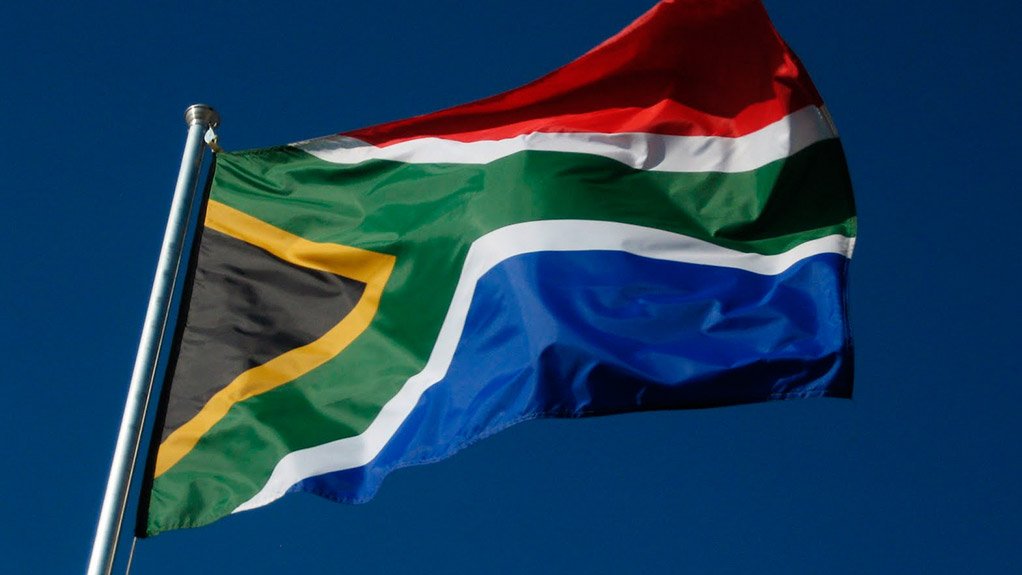/ MEDIA STATEMENT / The content on this page is not written by Polity.org.za, but is supplied by third parties. This content does not constitute news reporting by Polity.org.za.
The BMF notes with yet another disappointment the release of the Employment Equity Report. The release of these reports is increasingly becoming an annual ritual of disappointment and missed opportunities. The country is not progressing as it should in the area of Employment Equity. This inertia is a serious setback for the broader project of social transformation. Employment Equity legislation and other empowerment legislative instruments were specifically conceived as redress mechanisms for more than 300 years of colonial and apartheid tyranny. Yet, more than twenty one years after the ushering of the democratic dispensation, the country is still far from the promised land of opportunities and justice for all.
An assessment of the 2014-2015 CEE Annual Report reveals a disappointing and a contradictory picture. In terms of the top echelons of management, whites and white males in particular continue to dominate. The numbers cannot be worse than this. Whilst the African population constitute 76.2% only 13.6% of Africans occupy top management positions overall in the economy. In contrast, whites who comprise only 10.3% occupy 70% of top management positions. The picture slightly changes in senior management, African representation increased from 18.4% to 20.5% between 2010 and 2014. While the percentage of whites slightly decreased from 62.4% to 59% in the same period. In terms of gender, female representation at senior management increased from 19% in 2010 to 32.1% in 2014.
With specific reference to the designated groups, Indians and White women seem to be progressing well. The BMF is however extremely concerned about what seem to be concerted efforts to deliberately sabotage the transformation agenda when it comes to Africans and Coloureds. In terms of national demographics, Whites and Coloureds constitute 10.3% and 10.6% respectively, yet Coloureds are underrepresented, even in the Western Cape where they are a majority. This is unacceptable.
Albert Einstein is attributed to have said that “insanity is doing the same thing over and over again and expecting different results.” The BMF is extremely worried that year after year, the employment equity reports seem to be saying the same thing. As part of a set of steps to be taken to improve compliance, the BMF calls on the government to impose stiffer fines, existing institutional mechanisms should be monitored and evaluated to enforce implementation. Naming and shaming should also be institutionalized. We are however encouraged by proactive steps that the government in general has taken to correct and fast-track transformation through the review and amendment of the Employment Equity Act, Black Economic Empowerment Act and the work that is underway with regards to the Preferential Procurement Policy Framework. It is clear from the latest CEE Annual Report that these amendments were necessary and overdue. However, the BMF is convinced that the transformation of the country cannot simply be seen as a compliance issue. We need to find ways of changing hearts and minds of South Africans in their conception of employment equity and transformation in general. Transformation is at the centre of a fair, equitable and just society. This project is too important to be left at the hands of the private sector and government. The broader South African society needs to find expression on the form and content of transformation.
As such, the Black Management Forum calls on the marginalized black population to acknowledge and realize the liminality of white generosity and solidarity. It is about time that young South Africans of all races, particularly Africans, take an active interest in the transformation project. They need to be involved because it is possible that the older generation is so emotionally entangled in the legacy of the past.
The BMF urges black professionals to look beyond advancement in white corporate South Africa. Opportunities afforded by empowerment legislation should be seen as an enabler to total economic participation in the South African economy; through creating competitive and viable black enterprises. South Africa desperately needs an innovative, assertive and fiercely competitive black business class. The Employment Equity reports, year after year, clearly show the limits and flaws of the status quo. This is precisely the reason why the BMF wholeheartedly supports the Black Industrialist Project. The BMF Deputy President Koko Khumalo is convinced that “The country needs black entrepreneurs and innovators that can drive this country’s development to a different trajectory”. A critical examination of the employment equity reports in the last fourteen years clearly demonstrate that South Africa will not address the inequality question soon. The racial dimension to South African inequality is particularly worrying to the BMF. This is a recipe for disaster.
The BMF is however optimistic that the emerging coherence and synergies amongst various empowerment legislation will in the medium and long term, produce the desired results. It is still possible that if BBBEE, Employment Equity, PPPFA and various charters are comprehensively and rigorously implemented and monitored, South Africa can be truly transformed. In conclusion, we remain convinced that creating a competitive black business class is the long term solution. All South Africans need to realize that if the freedom and democracy that we attained in 1994 are not translated into tangible benefits for the majority of South Africans who continue to languish in poverty and joblessness, freedom and democracy will remain words that are hallow.
Issued by Black Management Forum
EMAIL THIS ARTICLE SAVE THIS ARTICLE
To subscribe email subscriptions@creamermedia.co.za or click here
To advertise email advertising@creamermedia.co.za or click here











